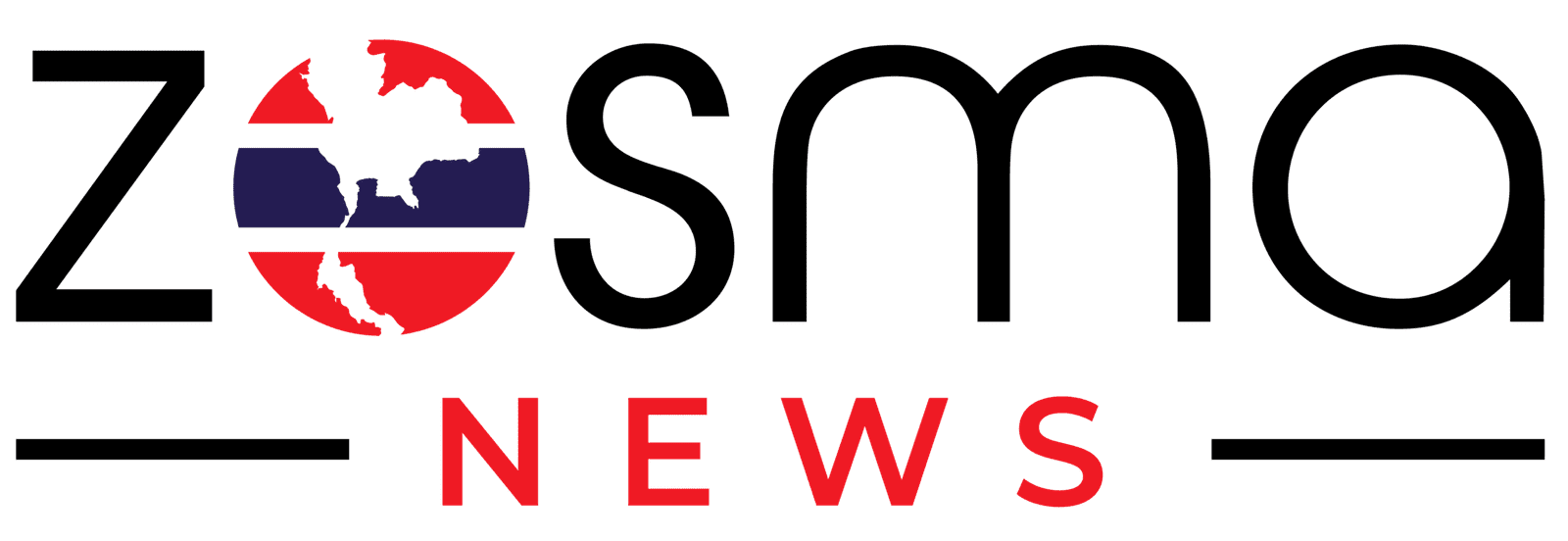Microsoft has begun laying off approximately 6,000 employees worldwide as part of a major strategic shift toward artificial intelligence. The global job cuts, which started earlier this month, affect nearly 3% of the company’s workforce and span multiple departments, including LinkedIn, Xbox, and its Azure cloud division.
The move is already reverberating across Microsoft’s Asia-Pacific operations, including Thailand, where the company maintains regional offices and partnerships through its cloud and enterprise solutions business. While Microsoft Thailand has not confirmed local job losses, employees in regional roles and support functions are believed to be among those impacted.
In a statement, Microsoft said the layoffs are part of an “organizational realignment” aimed at accelerating AI innovation and investing in key growth areas. “We are focusing our talent and resources on the areas of greatest strategic impact, particularly in artificial intelligence and cloud services,” a spokesperson said.
The restructuring began rolling out globally in the first week of May and follows a year of heavy investment in AI platforms, including the integration of OpenAI’s technologies across Microsoft 365 and Azure. The company’s Azure AI tools and its Copilot software assistant are now central to Microsoft’s long-term vision, with leadership describing AI as the “defining technology of this era.”
Despite strong quarterly earnings, the layoffs have sparked internal unrest. Dozens of affected employees have turned to LinkedIn to share their stories, some revealing they had only recently been praised or promoted. “We were told our work was essential. And then the next week, we were gone,” wrote one former LinkedIn marketing manager in a now-viral post.
Analysts say Microsoft’s pivot mirrors a broader trend in the tech industry. Since January, major players including Meta, Google, and Amazon have announced thousands of layoffs while doubling down on AI, automation, and cloud infrastructure. Many traditional roles—especially in marketing, support, and legacy software—are being phased out in favor of specialized AI talent.
In Thailand, where the tech industry has grown steadily over the past decade, the layoffs raise questions about how local roles may evolve. Microsoft has been a key player in digital transformation efforts across the public and private sectors, offering cloud services to banks, universities, and government agencies. Industry observers say this shift could accelerate Thailand’s demand for AI upskilling, particularly in enterprise tech.
“This is a wake-up call,” said Dr. Suriya Limwattana, a Bangkok-based IT consultant. “Thailand’s workforce needs to be ready for a future where AI isn’t just an add-on—it’s the core of how companies operate.”
Microsoft has confirmed that severance packages, extended health benefits, and job placement services are being offered to affected employees globally. However, the long-term message is clear: the tech landscape is changing fast, and the AI revolution is already reshaping who stays—and who goes.
Why It Matters:
Microsoft’s restructuring not only affects thousands of professionals globally but also signals a shift in the tech job market across Asia, including Thailand. As AI becomes central to business operations, the demand for traditional roles is declining—pushing countries like Thailand to rapidly adapt their digital workforce strategies.



